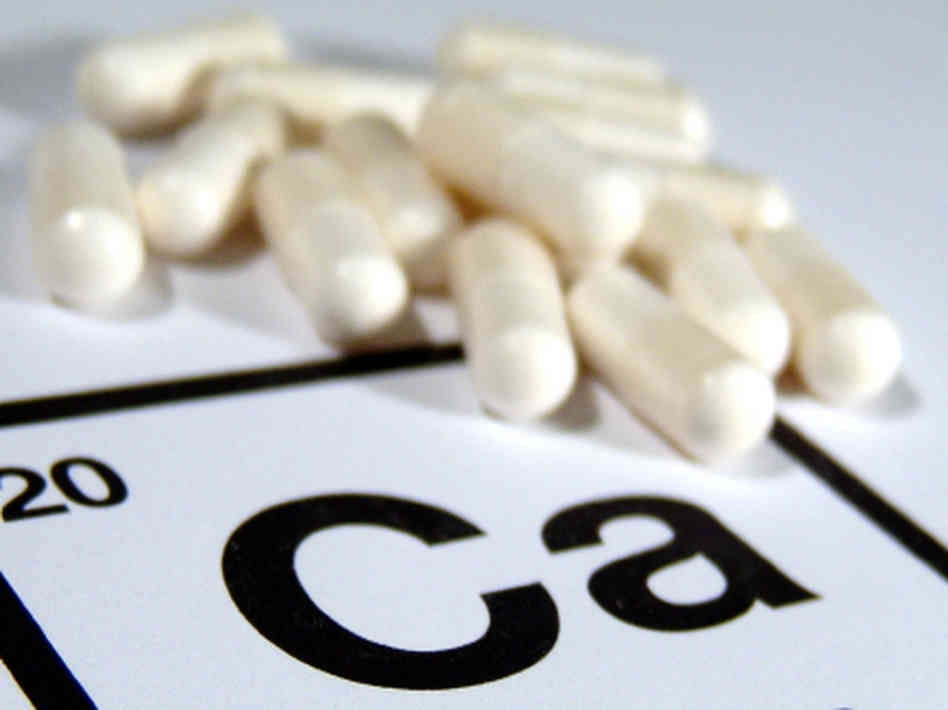The truth about alcohol: it works and it doesn’t…
Who doesn’t love a nice drink at the end of a long work day? There are few better ways to kick back in the evening or on the weekend than a cold beer, a glass of wine, or your favorite mixed cocktail. It’s just wonderful to be able to drink and enjoy the relaxing effects of alcohol.
In the past, studies have proven that alcohol—particularly red wine, dark beer, and whisky—offers a variety of health benefits. For example, red wine can reduce your risk of heart disease. Whisky can relieve pain. Dark beer is packed with heart-smart antioxidants. Alcohol does offer some benefits, especially when consumed in moderation.
However, research published in the British Medical Journal makes one thing very clear: moderate drinking can reduce your risk of SOME cardiovascular health problems, but not all. Alcohol isn’t your one-stop shop to fighting heart conditions. You have to know which problems are improved by alcohol, as well as which aren’t.
Scientists at two British universities investigated the association between cardiovascular disease and alcohol intake. They analyzed health records for 1.93 million British citizens. All of the people studied were free of cardiovascular disease at the onset of the study. The people were divided into two categories: drinkers and non-drinkers.
After accounting for other factors (lifestyle, family history, activity habits, diet, etc.), the scientists found that drinking DOES help to reduce the risk of certain health problems. These include ischemic stroke, heart failure, and angina. Abstaining from alcohol didn’t reduce the risk of these problems.
READ MORE: 8 Low Calorie Alcohol Choices
On the other hand, the study found that alcohol intake had no effect on other cardiovascular problems. Of the 12 cardiovascular health conditions studied, only some were affected by moderate alcohol intake. This proves that drinking alcohol isn’t the solution to your heart problems (sadly!).
But here’s another discovery made by the study: heavy drinking INCREASES the risk of heart disease.
The research indicated that heavy drinking (above the 14 units per week recommended by the NHS) raised the chance of heart disease. Those same diseases reduced by moderate alcohol intake—ischemic stroke, cardiac arrest, and heart failure—were increased when alcohol intake increased.
If you’re trying to improve your heart health, it’s not a bad idea to include a bit of alcohol in your life. Have a glass of wine in the evening. Knock back a dark beer at the end of a long day, or even a cocktail or shot of whisky on the weekend. Moderate alcohol intake can reduce your risk of certain heart conditions. It’s more than just a great way to relax—it can improve your health.
But, and this is a huge but, DON’T overdrink. Overconsumption of alcohol can be as bad for your heart as moderate alcohol intake is good. You will increase your risk of a wide variety of health problems, not just heart conditions.
Alcohol is basically empty calories—lots of calories with no nutritional value. Vodka is the lowest-calorie drink at 60 calories per shot, and the calorie count per drink can get pretty high when you drink beer, Baileys, Crème de Menthe, and other alcohols. It’s vital that you limit the amount of alcohol you drink in order to prevent calorie overconsumption. Those extra drinks will go straight to your waistline. The result is an increase in visceral fat, which will slow down your organs and increase the risk of metabolic syndrome. Keep your alcohol intake moderate—it’s heart-smart and a great way to fight cardiovascular disease!








